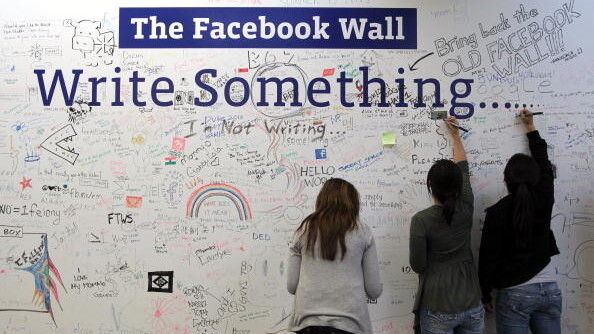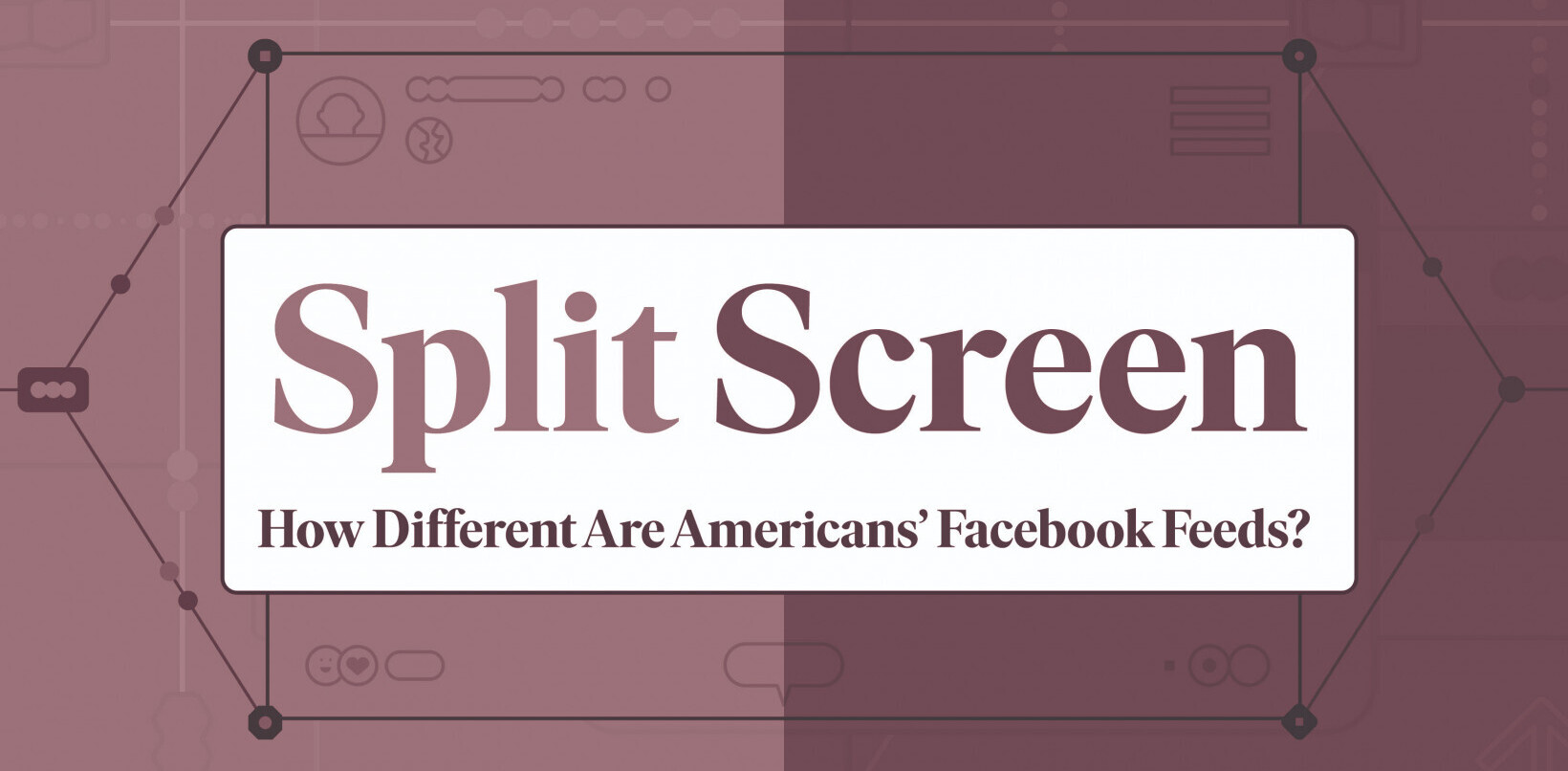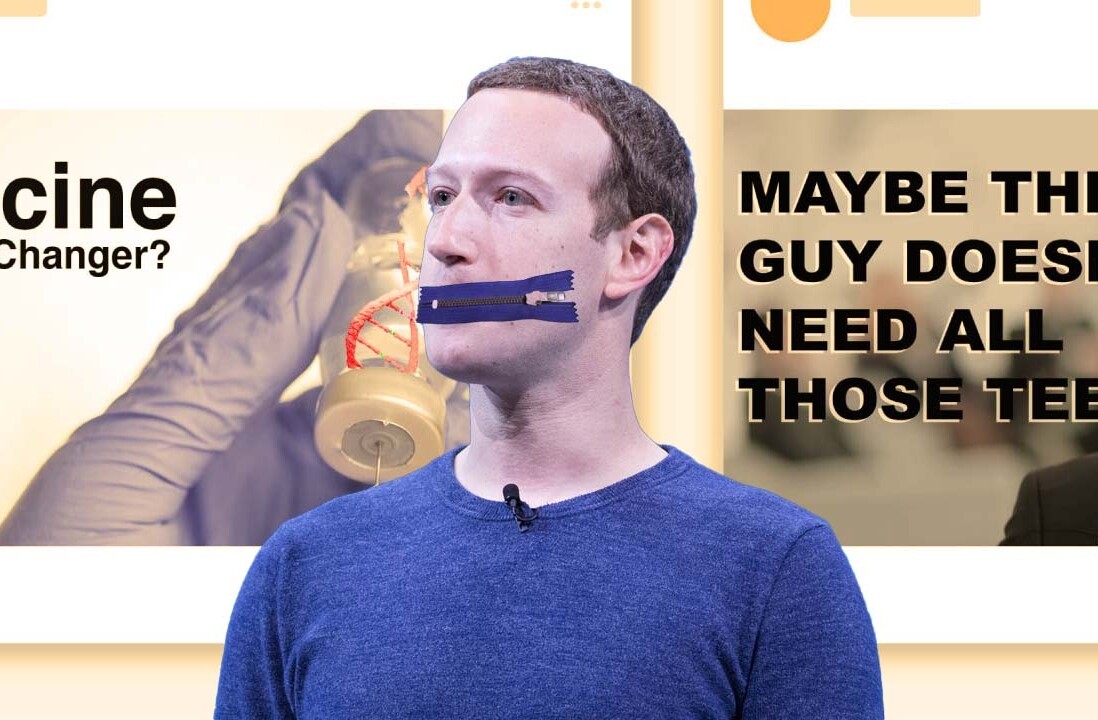
Twenty-four hours was all they had. Gathered in a computer room at Facebook, college students from 17 universities around the world spent the night hacking away at an annoying problem.
Update: we were informed by Facebook that the cash prize has now been updated to $3,000 for the winning team and that the teams spent twenty-four hours hacking away. The post has been updated accordingly.
There to participate in the social network’s College Hackathon, these students were finalists from smaller regional events that took place throughout the year. Each team received a trip to Silicon Valley to compete and see who could turn their ideas into reality. In the end, the University of Waterloo prevailed and took home $3,000, a trophy, and bragging rights.
Meet Quin, the social version of Siri
What separated the University of Waterloo from all the rest? It was their production of an application prototype they called Quin. It’s the social vertical of Siri, where anyone could ask it questions about their social presence on Facebook.
Imagine being able to ask Quin which of your friends were single, or graduated from a particular school, or were friends with a certain individual, or indicated they would be attending an event — Quin could help you with that. It leverages speech to text functionality and can be a very powerful mobile search tool.
We spoke with the team after the competition and they seemed unsure as to whether they would continue to develop Quin moving forward. But the code they used is open source so that could clearly leave the door open for someone else to take on the task.
Just as Siri is the virtual personal assistant for many of us, it’s not that farfetched to believe that should this come to market, Quin could function in a similar capacity, allowing people to update their social status, comment on a photo, do text-to-speech type conversations with Facebook Messenger, and much more.
The creation of a social media version of Siri is interesting because earlier this week, SRI’s Norman Winarsky told the media that with the creation of Siri, it was probably only a matter of time before it would be applied to different verticals — in this case, it looks like college students beat SRI and Apple to the punch.
18 teams and a lot of hacking
Before the winner could be announced, judges needed to review all the different hacks that the 18 teams created. Why were there 18 teams when 17 schools were represented? Cornell University fielded two teams in the competition.
Evaluating the demos during the prototype forum were members of Facebook’s development team, including Paul Tarjan, a software engineer, Mike Schroepfer, VP Engineering, and Kate Aronowitz, the director of design and UEX.
Schools that were represented include Cornell, Duke, students from Brazil, Princeton, the University of Michigan, the University of Illinois at Urbana-Champaign, UCLA, University of Pennsylvania, University of California-San Diego, University of California-Berkeley, University of British Columbia, students from Kiev, University of Wisconsin, MIT, University of Waterloo, Carnegie Mellon, and Harvard.
Some of our favorite hacks
While each team created very interesting hacks, there were some that we felt stood out the most.
- From Brazil, students chose to create a service called MarkBox, which is a hybrid of Dropbox and bookmarks that allows people to collect links and share them with a specific Facebook Group.
- The University of Michigan created Lifereel, a video service that matches you up with any of your friends and displays their relationship — but in video format (think Animoto).
- MIT had a different type of hack: leveraging video technology, the team created a way for people to scroll around on their screen simply with hand or foot gestures — no mouse required.
- Carnegie Mellon developed a hackathon-centric game aptly called “The Hackers” that lets users simulate being in a hackathon, and it’s available now to play.
About Facebook’s College Hackathon
Over the past few years, the social network has organized these type of hackathons to help raise its publicity among students and to give something back to aspiring engineers, developers, and designers. These events are a core part of Facebook’s culture — the goal is to build something that solves a problem. At no point in time are hackers instructed to come up with a business plan or find a way to monetize their idea. The company is interested in seeing how ideas form and convert into reality.
With the College Hackathon this year, colleges that are sources of interns and potential new employees for Facebook held regional hackathons. Anyone who was a student could participate and the winners of each of the events was invited to the company’s Menlo Park headquarters.
Last year, the team from Princeton won the competition and subsequently received internships with the company. The same thing happened in 2010, but with a different school. Don’t be mistaken, the internships are not prizes of the hackathon, nor are they guaranteed, but is there any better way to prove your skills at the world’s largest social network?
The hackathon season begins again next year. In the meantime, you can check out all the hacks from all the competitions here.
Photo credit: Justin Sullivan/Getty Images
Photo of Paul Tarjan, Facebook software engineer; Mike Schroepfer, VP Engineering, Mike Shaver, director of engineering, Kate Aronowitz, director of design and UEX, and the University of Waterloo hackathon team via Richard Zadorozny, Facebook
Get the TNW newsletter
Get the most important tech news in your inbox each week.






